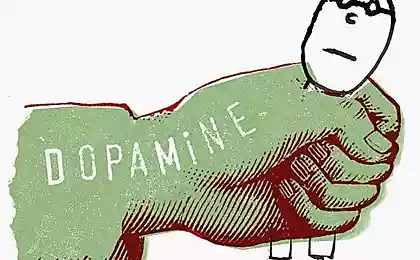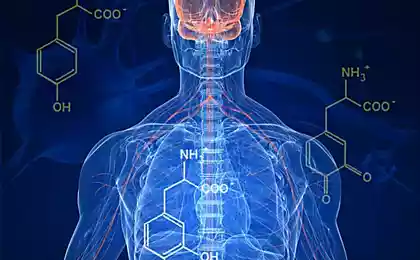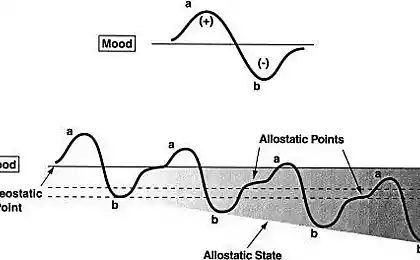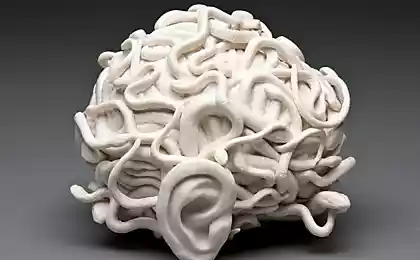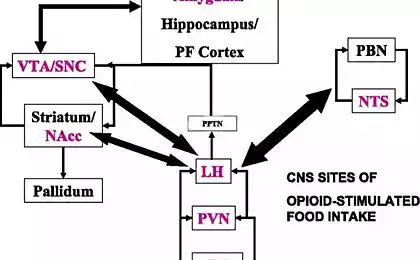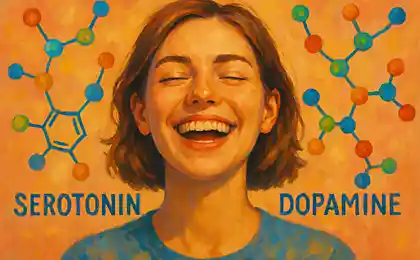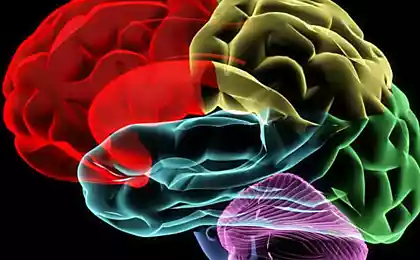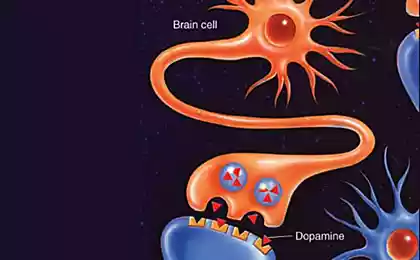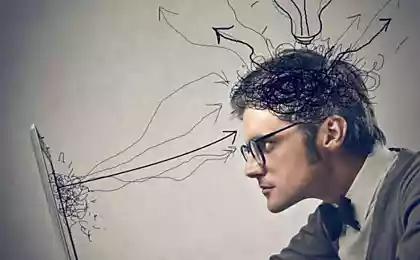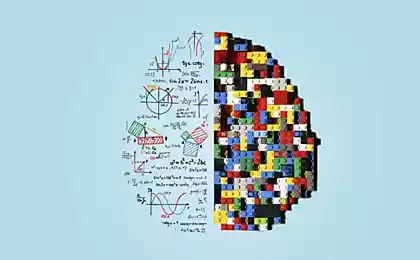239
What causes loss of motivation and how to deal with it
Everything is in the hands of man, but their movement is determined by a single chemical that causes dependence on life.

John, a successful entrepreneur, wakes up on Monday morning and can’t bring himself to get out of bed. Yesterday he was burning with ideas, making plans, and today even the thought of work causes apathy. Familiar? This is not laziness or weakness of character – it is a complex biochemical process that takes place in our brain.
Loss of motivation affects millions of people around the world, regardless of age, social status or profession. According to a study by the American Psychological Association, about 40% of adults experience serious problems with motivation within a year. But what really happens in our brains when the urge to act disappears?
Dopamine: The architect of our desires
At the heart of human motivation is an amazing chemical substance – dopamine. This neurotransmitter is often referred to as the “pleasure hormone,” but this is an oversimplification. Dopamine is more of a “desire hormone” that makes us strive for goals and get satisfaction from achieving them.
Research by neuroscientist Robert Sapolsky has shown that dopamine is released not at the time of receiving a reward, but in anticipation of it. That is why we can dream for hours about a vacation, but after a few days of rest feel bored.
The dopamine system works like an internal GPS: it helps the brain determine whether to expend energy on a particular action. When the system functions normally, we have a natural desire to develop, learn, and build relationships. But what happens when this mechanism fails?
Causes of dopamine exhaustion
Digital overdose
The modern world has created a perfect trap for our dopamine system. Social media, video games, endless notifications all provide instant but superficial pleasure. Anna Lembke, author of The Dopamine Nation, likens this to drug addiction: the brain gets used to constant stimulation and stops responding to less intense but more meaningful sources of satisfaction.

Practical advice: Enter “dopamine detoxes” – periods when you deliberately avoid sources of quick pleasure. Start with 30 minutes a day without your phone, gradually increasing your time.
Learned helplessness syndrome
Psychologist Martin Seligman has discovered a phenomenon that explains why people stop trying even in situations where success is possible. When we repeatedly face setbacks or fail to see the connection between effort and outcome, the brain “learns” helplessness. The dopamine system begins to perceive attempts as meaningless.
Perfectionism and high expectations
Paradoxically, the pursuit of perfection often kills motivation. When we set unattainable goals, the brain quickly realizes that the probability of success is extremely low, and reduces the production of dopamine. This is an evolutionary energy saving mechanism that works against us in the modern world.
Neurobiology of apathy
Research suggests that chronic loss of motivation is associated with changes in the prefrontal cortex and nucleus accumbens – key areas of the brain responsible for planning and rewarding. In people with depression, activity in these areas is significantly reduced, which explains why even simple tasks seem insurmountable.
Neuroimaging studies show that people with low motivation have a reduced connection between dopamine neurons in the ventral tegmental region and their target structures.

Strategies for restoring motivation
The "small wins" technique
Neuropsychologist Teresa Amabail has found that the feeling of progress is the most powerful motivator in work. The secret is to break down big goals into microtasks, each giving a small but palpable dopamine boost.
Method of the 2-minute rule: If the task takes less than two minutes, do it immediately. This creates a chain of small successes, gradually restoring dopamine sensitivity.
Social motivation
Humans are social creatures, and our motivation is closely tied to the approval and support of others. Research shows that the mere presence of others can increase our productivity by 20-30%. This effect is called social facilitation.
- Find a partner to achieve your goals
- Share your plans with your loved ones
- Join like-minded communities
- Use public commitment to increase accountability
Physiological methods
Restoration of the dopamine system is impossible without attention to physical health. Regular exercise increases the production of neurotrophic factor in the brain, which contributes to the growth of new neural connections. Meditation, in turn, helps regulate emotional responses and improves concentration.
The Golden Recovery Formula: 30 minutes of exercise + 10 minutes of meditation + 8 hours of quality sleep = optimal environment for restoring motivation.
Rethinking failure
Carol Dweck, a think tank researcher, has shown that people with a growth mindset perceive failure as a learning experience rather than a sentence. This fundamentally changes how the dopamine system works: instead of being punished for making a mistake, the brain receives a reward for learning.
Long-term strategies
True recovery of motivation requires a systematic approach. It is important to create an environment that naturally supports healthy dopamine cycles. This includes choosing your environment, planning your day, and forming habits that work on autopilot.
Habit researcher Charles Duhigg claims that 40% of our daily activities are habits. By changing several key behaviors, you can radically transform the quality of life without the constant strain of willpower.
Conclusion
Loss of motivation is not a personal failure, but a complex interplay of biological, psychological, and social factors. Understanding how the dopamine system works gives us powerful tools to restore vital energy. Every small step forward reprograms your brain to succeed. Motivation does not come from the outside; it comes from within us, in the subtle chemical symphony of neurotransmitters that we are able to conduct.
Glossary
dopamine
A neurotransmitter responsible for motivation, anticipation of rewards and a sense of satisfaction from achieving goals.
Neurotransmitter
A chemical that transmits signals between neurons in the brain.
Prefrontal cortex
The area of the brain responsible for planning, decision-making and impulse control.
Adjacent nucleus
Brain structure that plays a key role in reward and motivation.
Social facilitation
A psychological phenomenon in which the presence of others improves the performance of tasks.
Neurotrophic factor of the brain
A protein that promotes the survival of neurons and the growth of new nerve connections.
Mindsetting
Basic beliefs about the ability to develop your qualities and skills through effort and learning.
